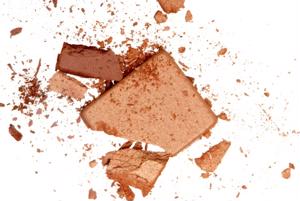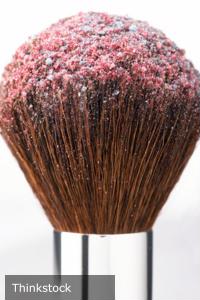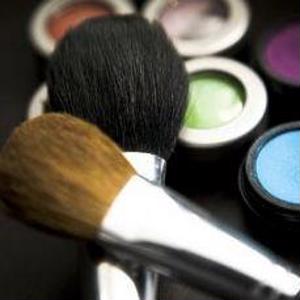
When women find that perfect African American skin care product, they want to hang on to it for as long as possible. There's nothing wrong with being loyal to a particular brand, but it's important to to keep makeup looks updated with current trends.
Recently, the website InquirerLifestyle spoke to cosmetcs expert Luc Bouchard on ways to spice up makeup. First, the cosmetics artist suggested choosing a liquid foundation and putting some of it on a small plate. Then, take a moisturizer and mix it in with the foundation to help makeup look smooth and keep it from drying out the skin.
Next, the expert recommended using spot concealers to cover up blemishes and to not be afraid to go bold with lipstick choice.
"Bold lipstick can be magenta or a red orange, something you can use every day. I would probably go with a satiny-matte finish - more on the matte side than the glossy side," said Bouchard, quoted by the website.
The beauty website 101BeautySalon also offered tips on how to update cosmetics. They reminded readers that makeup has a shelf life, and that foundation should be thrown out after a year, mascara after six months and eye shadow and lipstick after two to three years.









